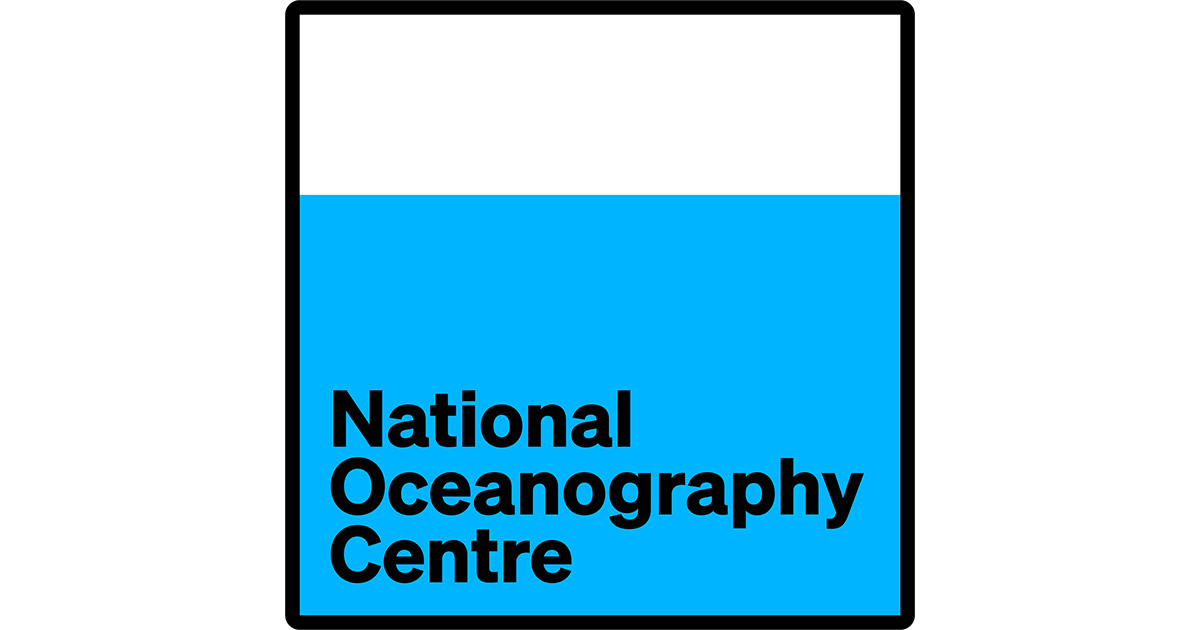We are the National Oceanography Centre (NOC)—the UK's center of excellence for oceanographic sciences. We are a national research organization, delivering integrated marine science and technology from the coast to the deep ocean.
We are made up of a dynamic and vibrant community whose focus is on improving the world in which we live. Our work is balanced by our strong sense of purpose, values and behaviors and an unwavering commitment to a ‘one NOC’ approach.
We have a rich history dating back to 1949, and our future has never looked more exciting as we aim to be the world’s most innovative oceanographic institution.
About the role
NOC is opening a new position in the Seafloor & Habitat Mapping team, part of the Seafloor Ecosystems subgroup in the Ocean BioGeosciences Group, for a research scientist with expertise in marine habitat mapping, to contribute to our habitat mapping research, particularly in deep-water environments (e.g., submarine canyons, cold-water coral reefs, seamounts, hydrothermal vents).
Besides writing and publishing high-quality scientific papers and journal articles, the role will combine contributions to existing research projects and programs, with contributions to the planning and development of new research. The research will be focused on the development and application of new (quantitative/AI) habitat mapping techniques to understand spatial and temporal patterns in (deep-sea) benthic habitats, particularly those under the influence of anthropogenic pressures and management. Contributions to existing research projects (e.g. the NERC-funded CLASS program and its successor, and upcoming NERC-funded and EU-funded research), will include activities such as participation in the design and delivery of outputs (papers, reports, datasets etc.), research expeditions at sea, compilation and analysis of quantitative and qualitative datasets, reporting of the findings in publications and conference presentations, stakeholder communication (including preparation of advice to government), student supervision and wider outreach activities. As part of the development of new research projects, there will be opportunities to design research on topics related to the interest and expertise of the successful candidate.
About You
We are looking for candidates with a Ph.D. in earth sciences, environmental/marine sciences or engineering, or with equivalent years of experience, preferably in the study of deep-sea environments. You are ready to take on new research topics and project tasks, and to develop your own research projects, to progress your research portfolio. You have strong numerical and GIS skills, particularly applied to spatial problems in the marine environment. You will preferably have experience with the use of new technologies and marine robotic systems for deep-water sampling and surveying, and with the use of Machine Learning or Artificial Intelligence techniques. In addition, you will have a good knowledge of acoustic mapping and data processing.
The vision of the team is to develop an integrated approach to the study of deep-water environments, combining multiple disciplines to increase understanding. We therefore are looking for candidates who can demonstrate a keen interest in multidisciplinary research. You will also have a developing track record in scientific publishing and attracting funding, appropriate for your career stage.





